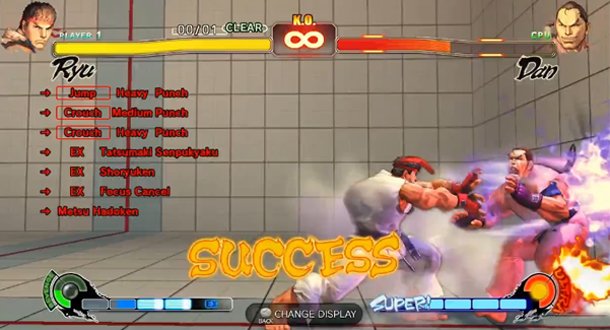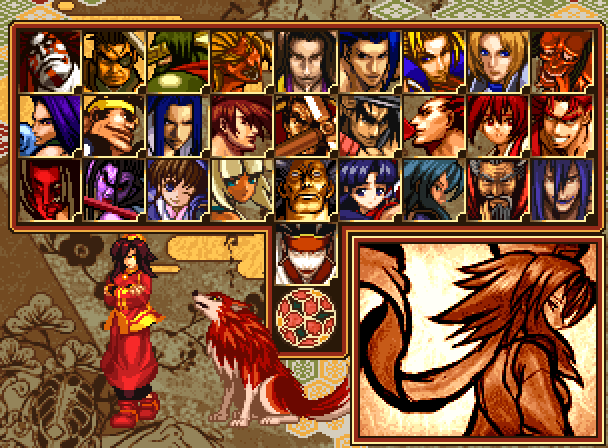24 Do you not know that those who run in a race all run, but only one receives the prize? Run in such a way that you may win. 25 Everyone who competes in the games exercises self-control in all things. They then do it to receive a perishable wreath, but we an imperishable. 26 Therefore I run in such a way, as not without aim; I box in such a way, as not beating the air; 27 but I [a]discipline my body and make it my slave, so that, after I have preached to others, I myself will not be disqualified.
1 Corinthians 9:24-27
Obviously, this extended metaphor that Paul uses refers to the fact that he uses Christian liberty in a particular way. That is, Paul becomes “all things to all men” so that he can “win more” for the Gospel, and subsequently for Jesus. But, it’s interesting why the Apostle decides to use a sports metaphor here. Are we to assume most people were familiar with sports in some sense, even in the first century AD/CE? Apparently!
So, let’s extend that metaphor to Paul himself: he trained as a Pharisee (or, if we want to give it a more colloquial sense, a rabbi). He studied the entire TNK – the Law, the Books, the Writings, all of it. That was, for lack of better terminology, his job, and we must suspect he was pretty good at it. I mean, you pretty much debate other people all day long in that sort of training environment, and you interpret Scripture and interpret the interpretation of Scripture (midrash), so it’s a very intense intellectual environment. And, from there, we assume Paul dedicated himself to the Judaism of the time (probably inaccurate terminology, but let’s just roll with it).
We find him so dedicated to that training and that education that he actively leads persecutions against heretics. You can’t really assume the local governments set up by the Romans would just go along with this. But, the Jews had a cozy relationship with Roman authorities in Judea, at least up until the Jewish rebellions in 70 CE – most of their affairs were settled internally, rather than having the Romans themselves jump into the fray. All of this to say: Paul held passion for his convictions, and that sort of passion held true even after his conversion and subsequent transition into Christian ministry. And passion requires knowing all the stuff, all the details, and taking the time and effort to actually learn them so that you don’t look stupid – and Paul learned most of that from being in community with people, being well-versed in everything. That’s probably more ministry specific, but you get the idea I hope. If you want to win, you have to train and prepare – dedication is the key.

What does this have to do with anything? Well, as I’ve discussed recently, fighting games have been my main gaming source for the past few weeks. And wow, are they ever hard to learn. But I’m finding it a necessary thing to do, mostly because I’ve never done it. I’ve dabbled in the genre a lot in the past, but there’s a lot of barriers to entry, from execution to location (mostly location!), to finding people who actually want to play one game in specific enough without getting bored. It takes a certain kind of personality to keep playing fighting games beyond the initial intrigue of good aesthetics, and in the pre-Internet era, that’s a tough task.
But, of course, the Internet changes all that. Fighting games with decent netplay certainly changes that, and especially games with rollback (rather than input delay) netcode REALLY change that. I mean, just take FightCade, for example – a derivative of the GGPO platform, it encompasses a ton of old arcade fighting games (mostly from the Capcom/SNK camp). I never had the opportunity to play people in Garou: Mark of the Wolves, but here we are in the year 2016, where I can play with somebody online with zero lag or problems with one of some of the best fighting games ever created. Getting good, as it were, has never been easier if you want to take the time to do it.
The Internet, furthermore, allows us to find people who actually want to play the games. We are no longer limited by geographic location to find the people who actually want to play Breakers Revenge – we just need to find a good Discord server, apparently! If you want to become a master at an obscure fighting game, somebody out there is sure to challenge you! And if you want information on that game, somebody somewhere wrote a whole Wikipedia article on how to play the game, a specific character, and probably frame data. It’s staggering how much minutiae is out there for a game that had a incredibly limited release, yet somehow is revived by the power of online play.

But, even with all this stuff, you still need to practice, and you still need to know what you’re doing. I guess that part’s the most fun, though – learning how to not act like a spazz and actually thinking (but sorta not) about what you’re going to do next with the moveset that some developer provided you. Learning to play fighting games with intention is just like any other task, and any other sport, and most anything really worth doing – you will need a lot of time and practice. Better still, if you’ve got friends who also want to mess around in fighting games, because it’s a lot more fun to learn in community than on your own! Then you can grind out matches and slowly, but surely, get a feel for what strategies you like and don’t like.
All of this takes time and effort, but so far the rewards have been worth it for me. I just find it incredibly enjoyable to play something both highly competitive, and fun, at the same time while continually learning new things. Postmatch analysis helps too, and is a fascinating analytical exercise all unto itself – why did I lose? Shouldn’t I have used an anti-air there? Why are my combos not coming out quite right? Back to training mode, I guess! It’s a fun learning process, especially with friends.
And fundamentally, that process is intangible – there are no “achievements”, no stacked up numbers, no in-game rewards other than “You Win” – and that is often enough to keep you going. What do you think Paul was running for? I’d like to think that he wanted to spend his time wisely, controlled, and effectively using all the knowledge at his disposal. God surely picked him for a very specific reason – and based on the fact that he takes up most of the New Testament, and is somehow able to convey God’s message to us through Jesus Christ, we know him best through Epistles more than anything else. His intention to do that comes through, for certain.
So what are you preparing for? Are you running the race, or are you just lagging? Take a good hard look at yourself – are you doing stuff for tangible rewards of Earth, or those of Heaven? Those are some questions I had to ask for myself, and I think I came upon some good answers…
